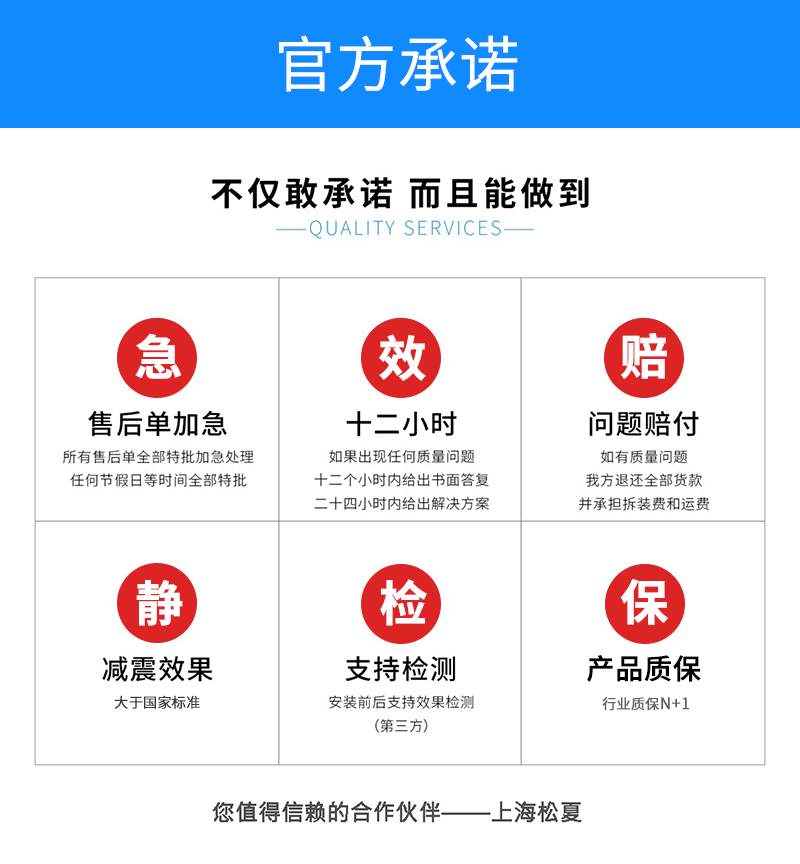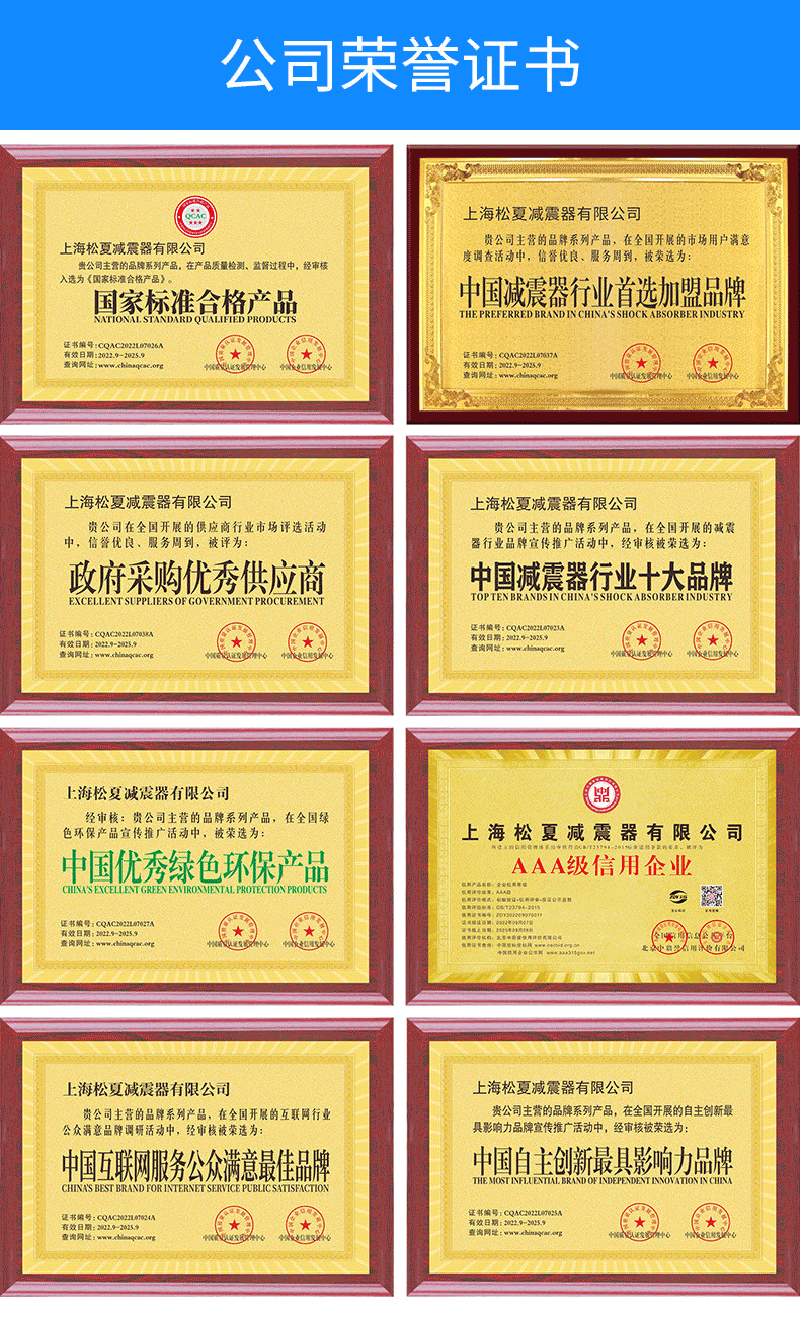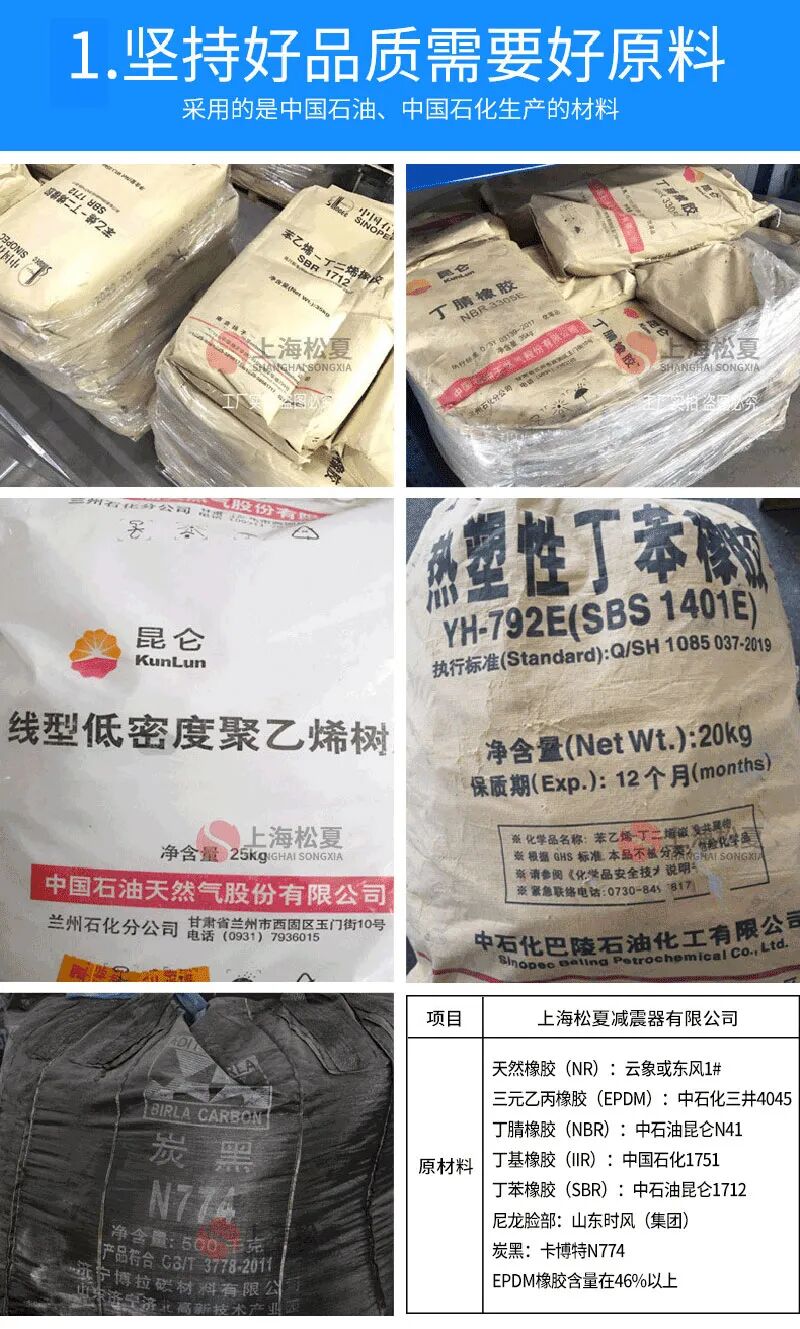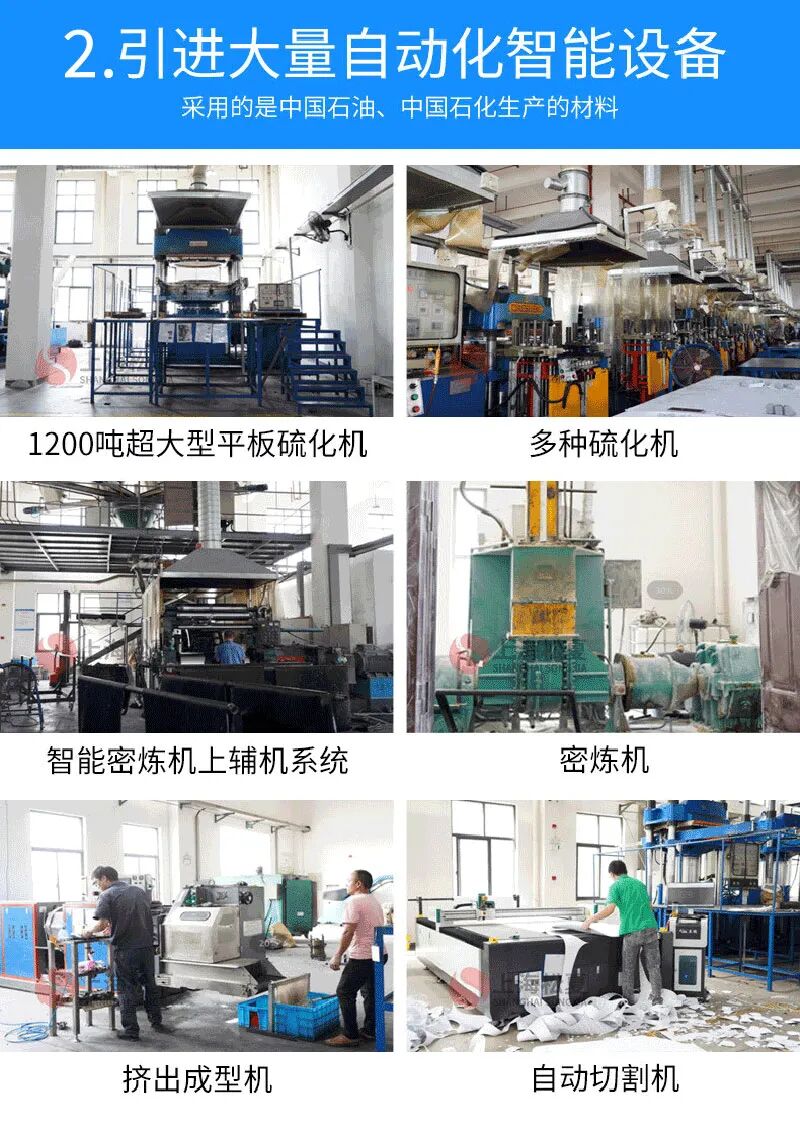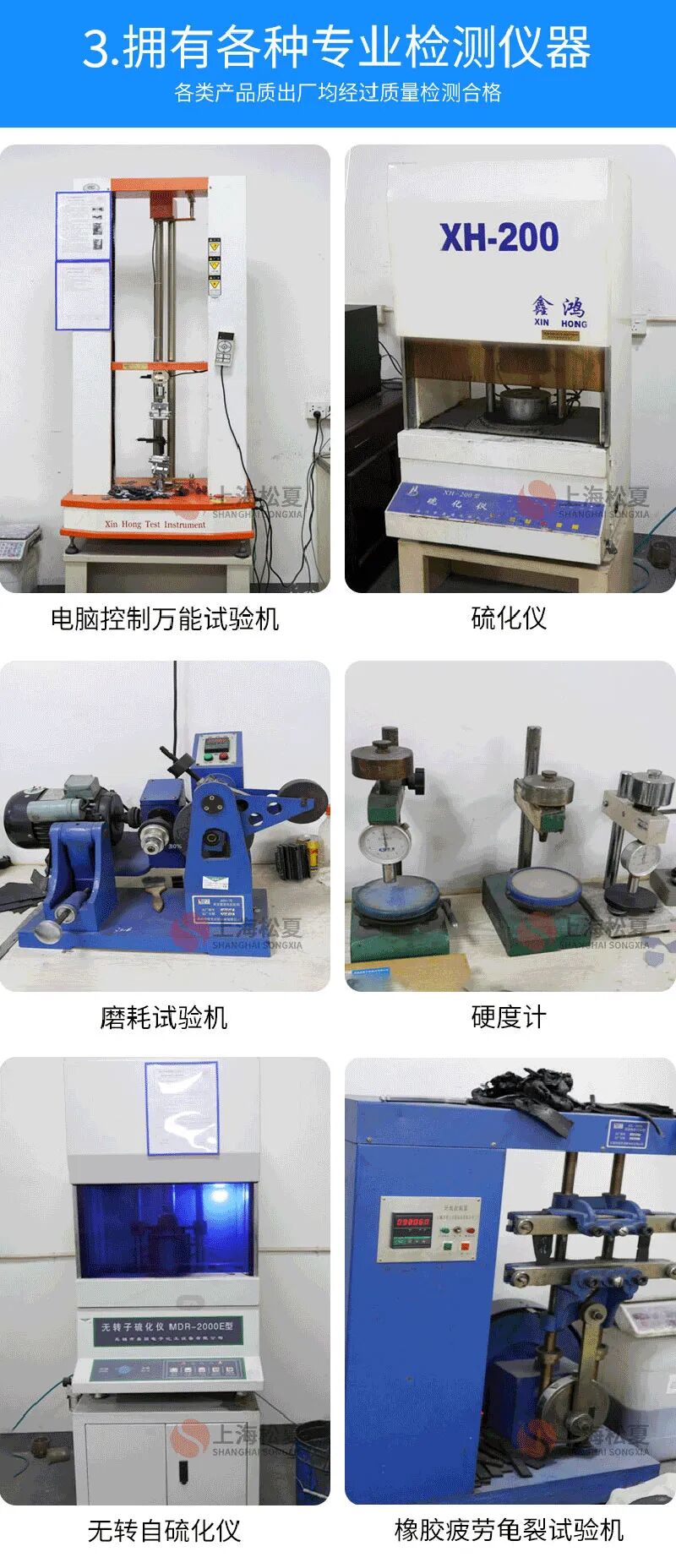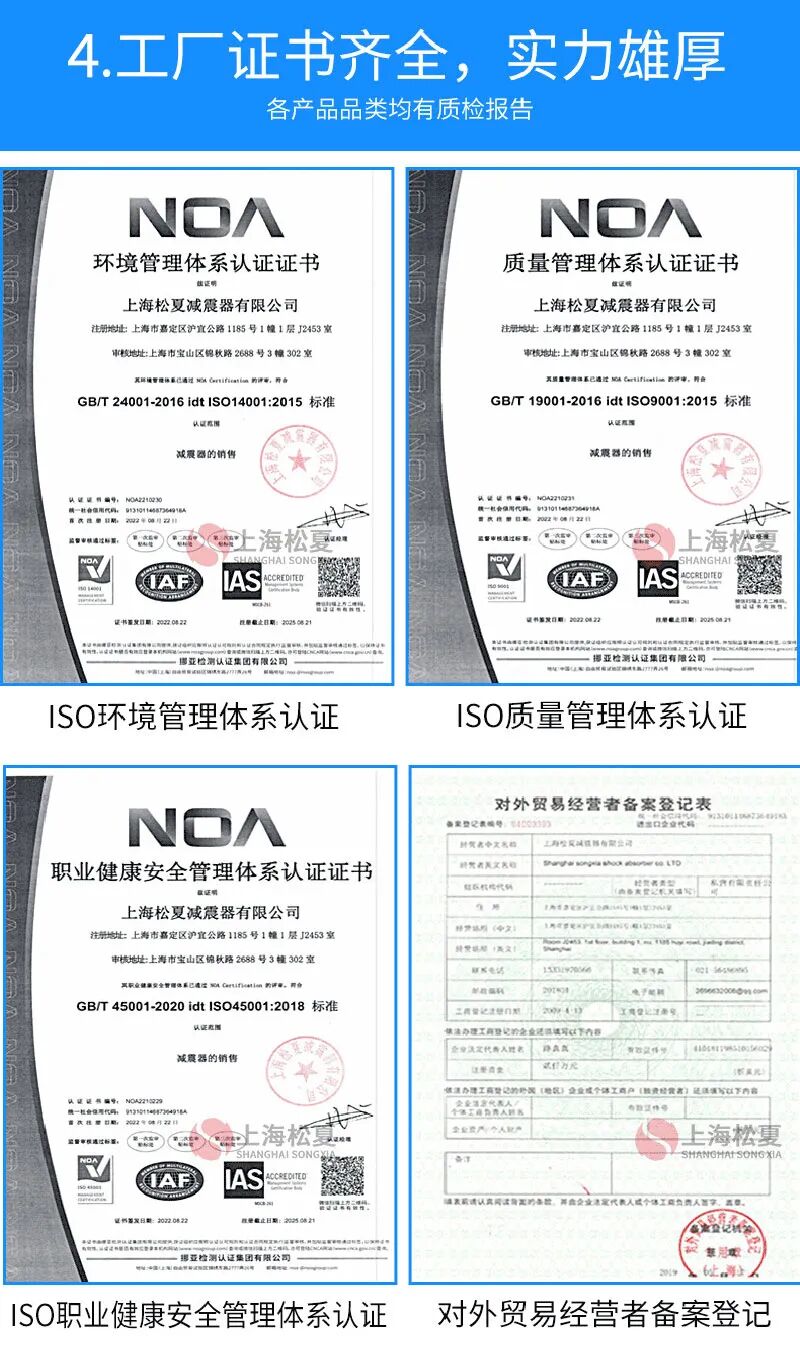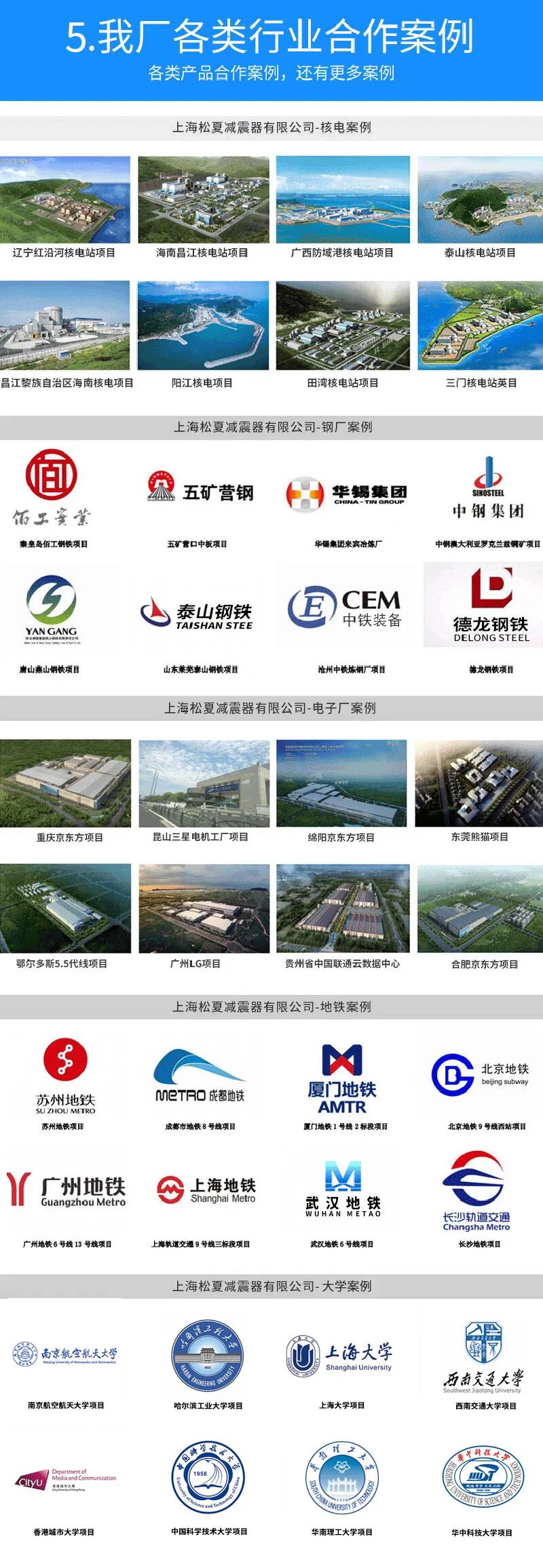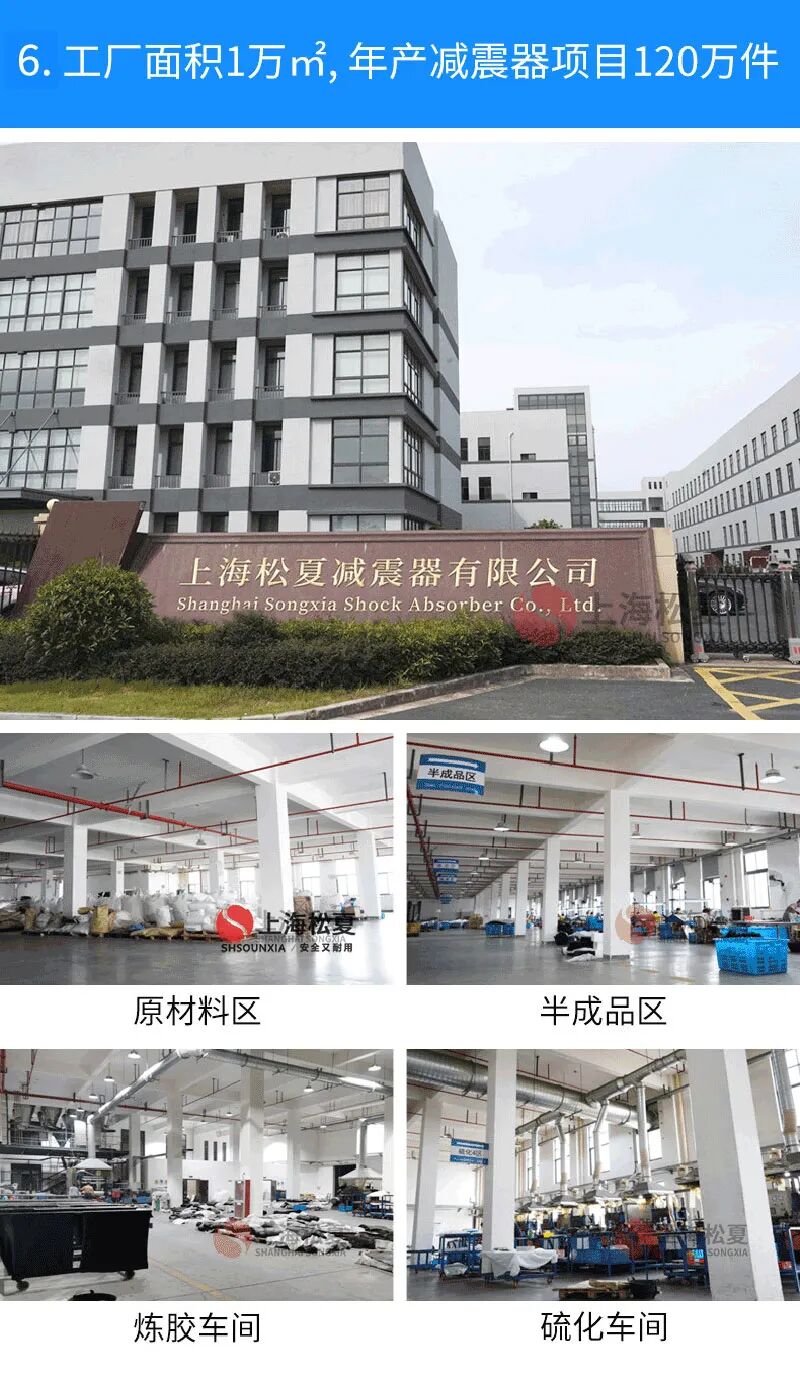
The SOM245 type short and long measurement device effectively isolates external vibrations using a membrane vibration isolator, thereby enhancing the accuracy and repeatability of precision measurements. The selection of the device and the design of the isolator must comprehensively consider the actual usage environment and measurement requirements, and regular maintenance is also an important aspect to ensure stable operation.
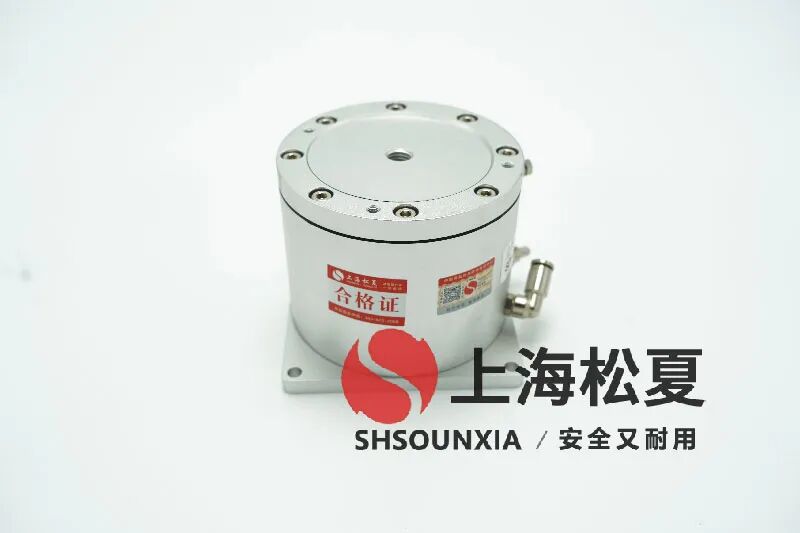
1
Working Principle

The basic principle: The membrane vibration isolator uses a flexible membrane or elastic material to attenuate the energy of external vibrations during transmission, thereby reducing the direct impact of vibrations on the device itself.
Characteristics: The membrane structure is lightweight, responds quickly, and can be designed in multi-layer structures to meet the vibration isolation needs across different frequency bands.
2
Role in the SOM245 Device

Isolation from environmental vibrations: During precision measurement, even minor vibrations can cause errors. The membrane vibration isolator can significantly reduce the interference of environmental noise and mechanical vibrations on measurement data.
Improving measurement accuracy: Through the isolation effect, the device can maintain high stability, ensuring that measurement results are accurate and reliable.
3
Design and Selection Considerations

Membrane materials: Commonly selected materials include high polymer films with good elasticity and fatigue resistance, such as polyurethane and silicone rubber.
Structural design: The thickness, area, and number of layers of the isolator will directly affect the efficiency of vibration transmission and the effectiveness of isolation.
Load capacity: The weight of the device itself and the dynamic loads during use need to be reasonably distributed by the isolator, and the design must ensure that the isolator can withstand all loads generated during the operation of the device without failure.
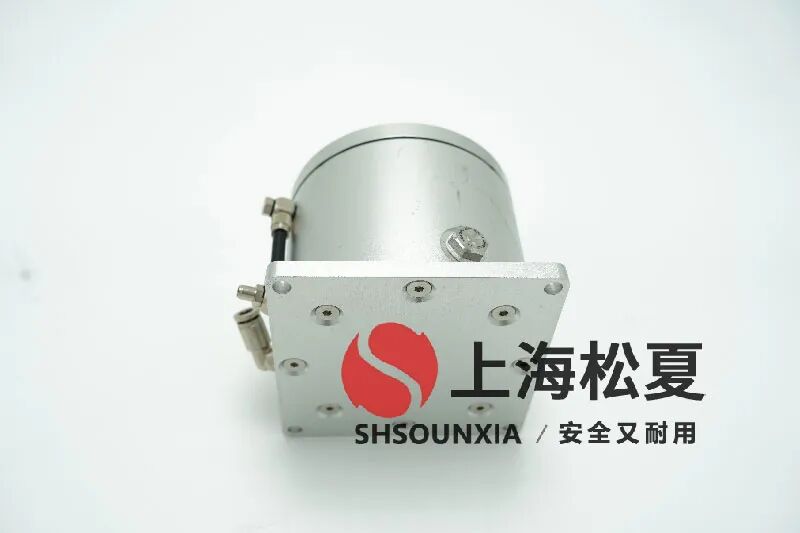
Scan to add customer service on WeChat

Phone Number|17317980153

